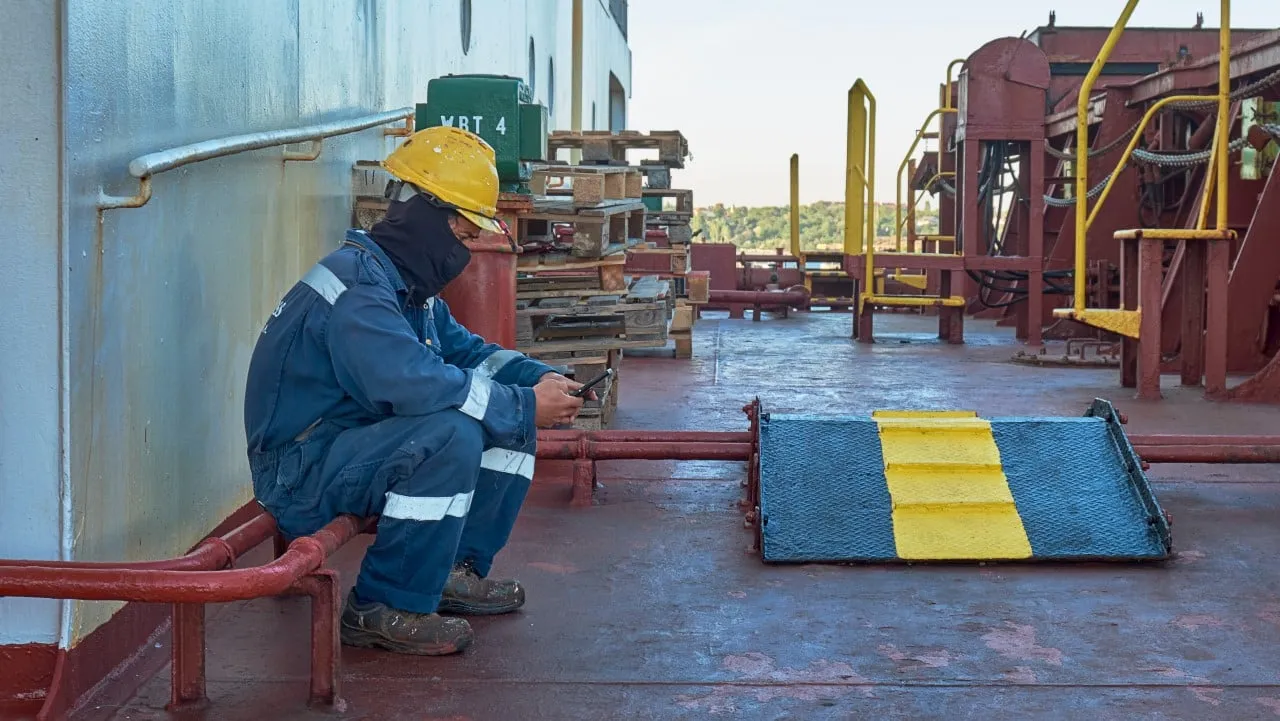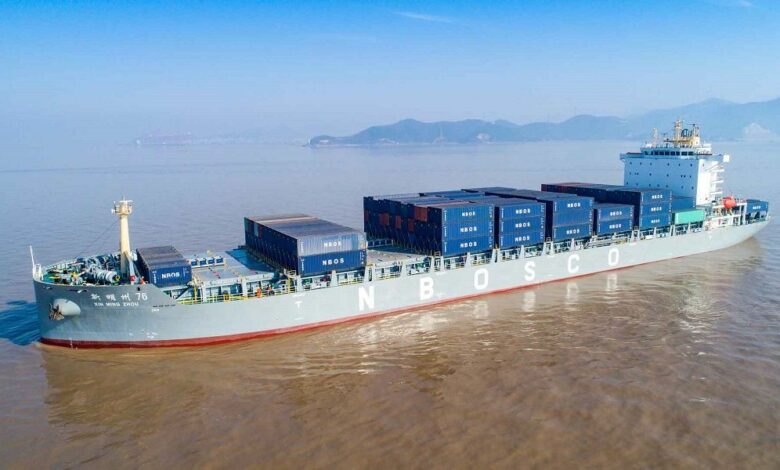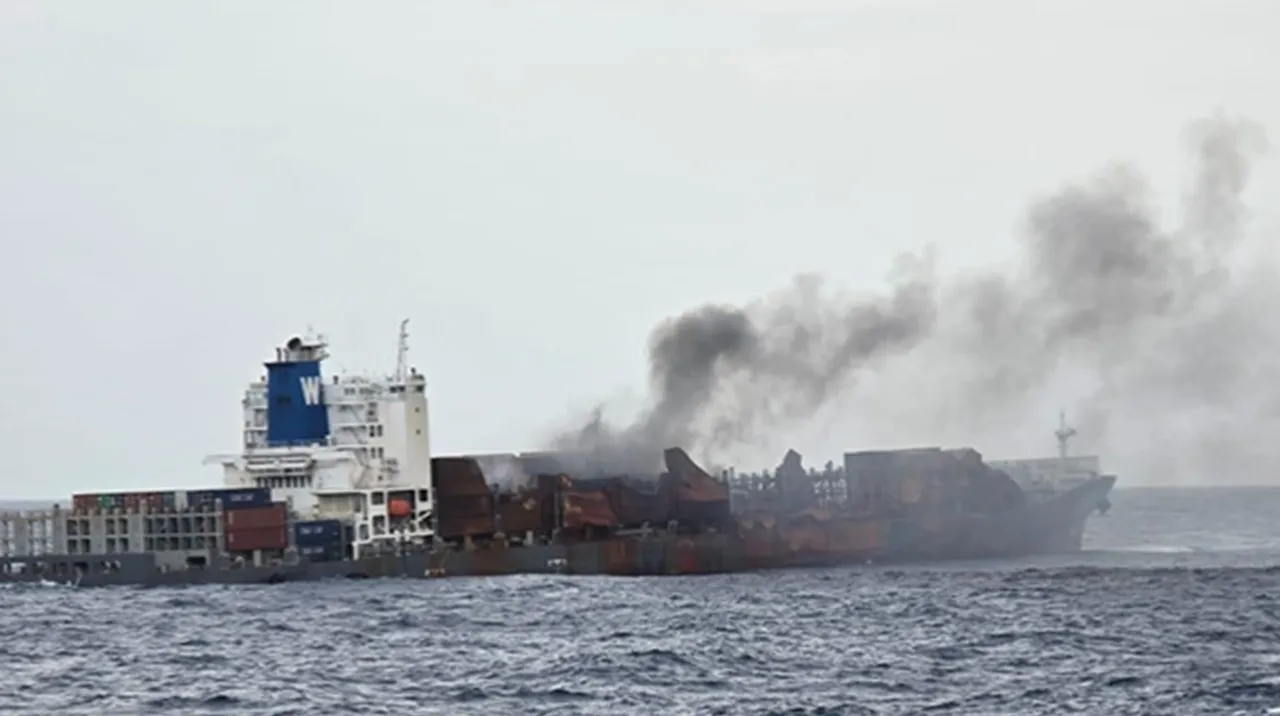Seatrade Maritime: IUMI calls on marine insurers to help combat sexual misconduct at sea
Association notes significant compensation claims paid out by liability insurers in sexual misconduct cases.
Marine insurers must use their influence to raise awareness and drive change to eradicate sexual misconduct at sea, the International Union of Marine Insurance (IUMI) told delegates at its annual conference in Singapore.
IUMI highlighted both the moral responsibility to address figures showing that 25% of women in maritime report experiencing physical or sexual assault, and the possibility that shipowners could be held directly liable in sexual misconduct cases. Shipowners have a legal responsibility to provide a safe working environment, and could be particularly at risk of liability should a perpetrator’s previous history be known to the shipowner.
“Joining with others to prevent sexual misconduct at sea is not just the right thing to do, it is also a risk mitigation strategy,” said Charles Fernandez, chair of the IUMI Legal & Liability Committee, moderating the Legal & Liability Workshop at the event.
“A number of recent cases have resulted, quite rightly, in large payouts for victims with claims being paid by insurers. As marine underwriters, we must be aware of the issue and do what we can to ensure our assureds are implementing effective safeguards and strategies to eradicate all forms of sexual misconduct,” said Fernandez.
“Sadly, almost all women in maritime have experienced some form of sexual misconduct at sea, ranging from unconscious bias to full-scale assault,” said Fernandez. “Sexual misconduct in any form is completely unacceptable and must be stopped. Our workshop highlighted a number of recent cases and served to bring this appalling practice to the consciousness of the marine insurance community.”
Related:Aging fleet, fires present challenges to marine insurers
The workshop heard that many offences go unreported. Some women fear damage to their reputation, career progression, or simply believe their claims would not be taken seriously, said IUMI.
The association said that a fragmented legal landscape further complicates the issue of sexual misconduct at sea, making it more difficult to identify the correct jurisdiction to pursue justice. In some cases, the law applied depends on the flag state of the vessel. In others, jurisdiction falls to the country or location where the harm was suffered.
Related Posts




